To find out if you have HIV, you need to have an HIV test.
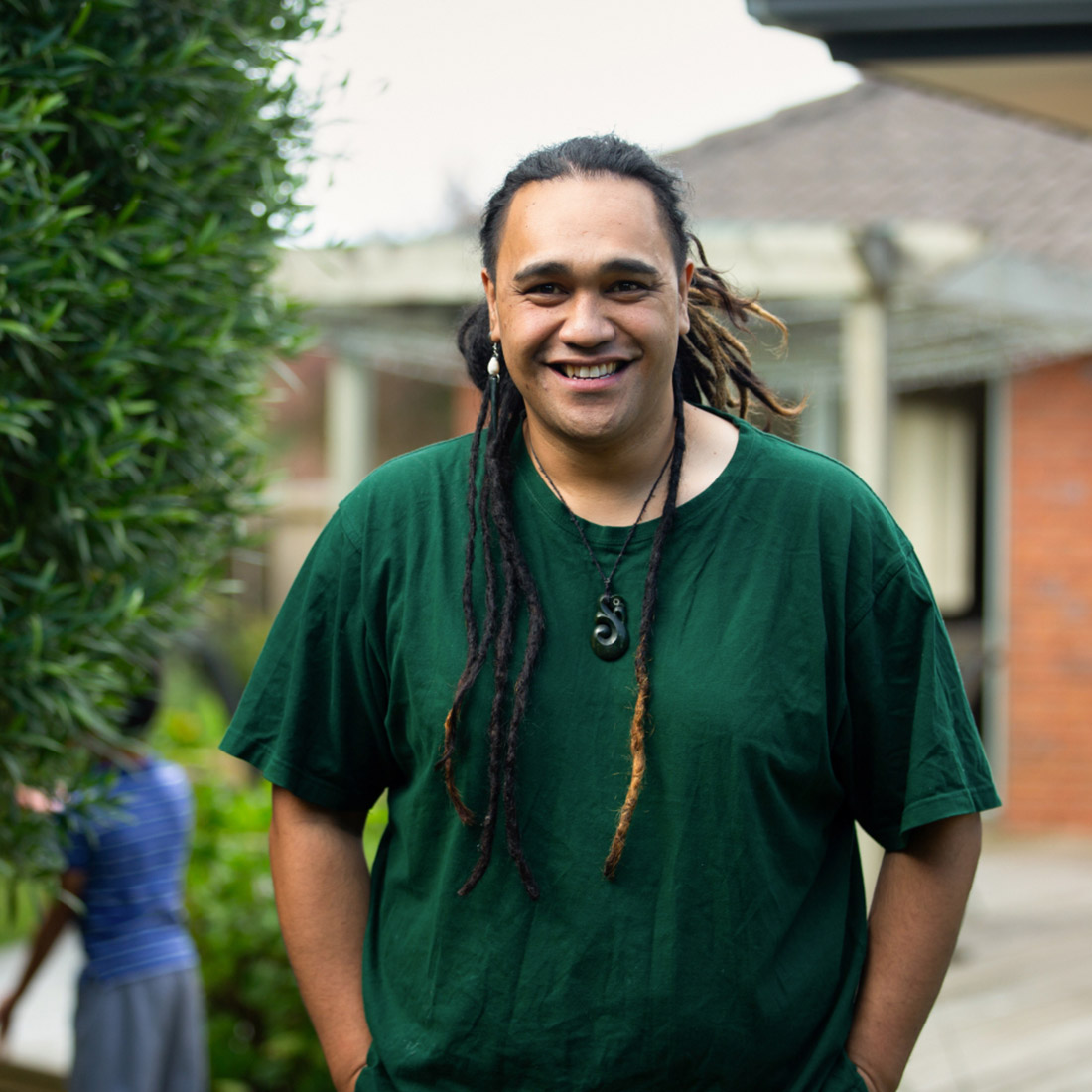
Quick Answers:
I think I may have had sex with someone who has HIV. What should I do?
The best thing to do is to get an HIV test. HIV will not show up in a test for the first 6 weeks. This is called the ‘window period’. If you do have a test within the 6 weeks, you will need to have another test 6 weeks later.
Where can I get an urgent HIV test?
HIV rapid tests (results in 60 seconds), and full HIV tests (results in 5–7 days) are available at many places around the country. Go to our directory page to find a place near you. Or, you can order a home test kit online.
Who can I talk to in confidence about my situation?
See our Find Support page to view a list of support organisations.
What happens if I test positive for HIV?
If you test positive for HIV you will be referred to an HIV doctor for expert and confidential care. HIV treatment in Aotearoa is subsidised by the government and is available to everyone. HIV is no longer a death sentence. Once a person is diagnosed, they will be provided with HIV medication and can live a long and productive life, just like someone who does not have HIV.
Do I have to tell anyone if I’ve got HIV?
The quick answer in most cases is, no. Your health condition is your own private business and in most cases, there is no legal obligation to tell anyone. There are some exceptions you do need to be aware of.
There is still some confusion around people who have HIV, having sex without a condom and not telling their sexual partner. The science says there is no risk of passing on HIV to someone else if you are on HIV medication and have an undetectable viral load; this should mean you don’t need to tell as there is no risk of passing on HIV. However, the Law in Aotearoa states you need to take all reasonable precautions not to harm anyone (i.e. passing on HIV). Wearing a condom is recognised as taking reasonable precautions. Having an undetectable viral load, not using a condom, and not telling the other person you have HIV has never been tried in a court of Law in Aotearoa, so it cannot be said you would not be prosecuted.
Where can I go to get support?
See our Find Support page to view a list of support organisations.
Will having HIV affect my work or student visa?
Generally No, but there are some exceptions.
- If you are diagnosed late, when you might not be feeling well and subsequently not able to work until you are on medication and have had time to recoup.
- Some jobs, like airline pilots, and surgeons, may require mandatory testing.
- It is recommended to tell your GP so they can check for interactions between HIV medications and other medications you may need to take. Otherwise having HIV is not a barrier.
Can I order a test online?
Yes, you can order a self-test online and have it delivered to you or a friend. Read more about this on our Get Tested page.
View more FAQs
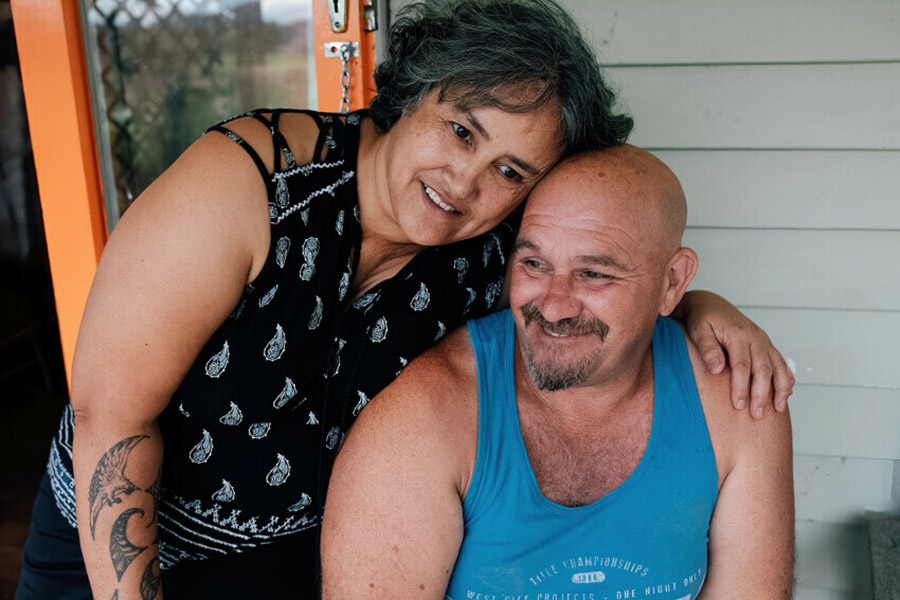
What is HIV?
He aha tenei mea te HIV?
HIV is a virus which damages certain cells in your immune system so your body can’t fight off infections and you become sick more easily.
If you are worried you might have HIV, there is a quick and simple test you can take to find out for sure.
How is HIV passed on?
Me pehea ai i pāngia te HIV?
HIV cannot be passed on through kissing or touching a person who has HIV. You cannot get HIV from someone’s saliva, sweat, or urine.
HIV is passed on through body fluids such as: blood, semen, rectal and vaginal fluids, and breast milk.
If someone who has HIV has been on medication and has had an undetectable viral load for at least 6 months, they cannot pass on HIV.

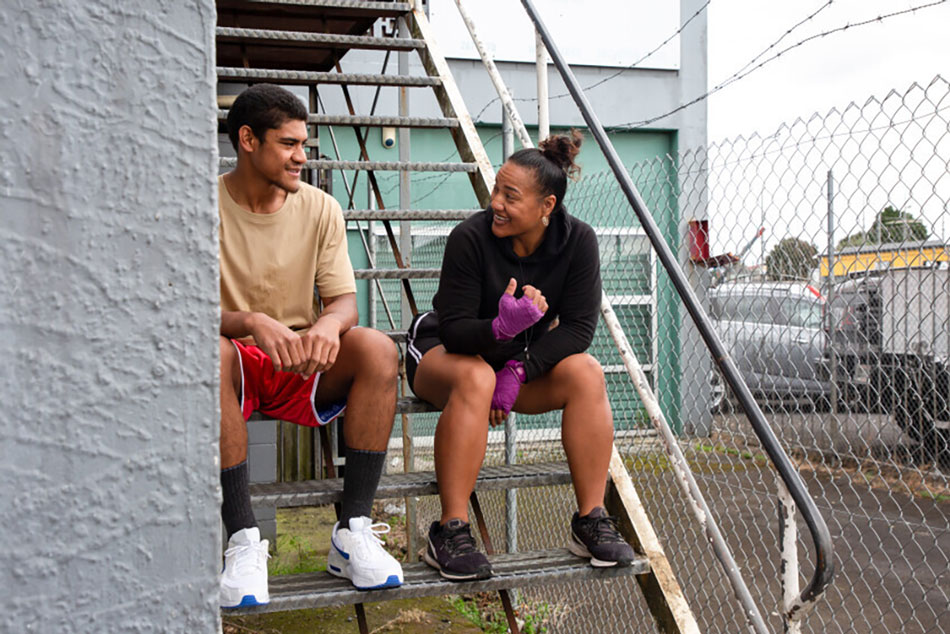
Think you have been exposed?
Me huraina e koe ki te HIV?
If you think you’ve been exposed within the last 48 hours, call or visit your local emergency medical service and ask for the PEP pill. If taken within 72 hours of exposure, PEP can prevent you from getting the virus.
There are simple daily medications available that can reduce the ‘viral load’ so anyone who has HIV can live a long and healthy life.
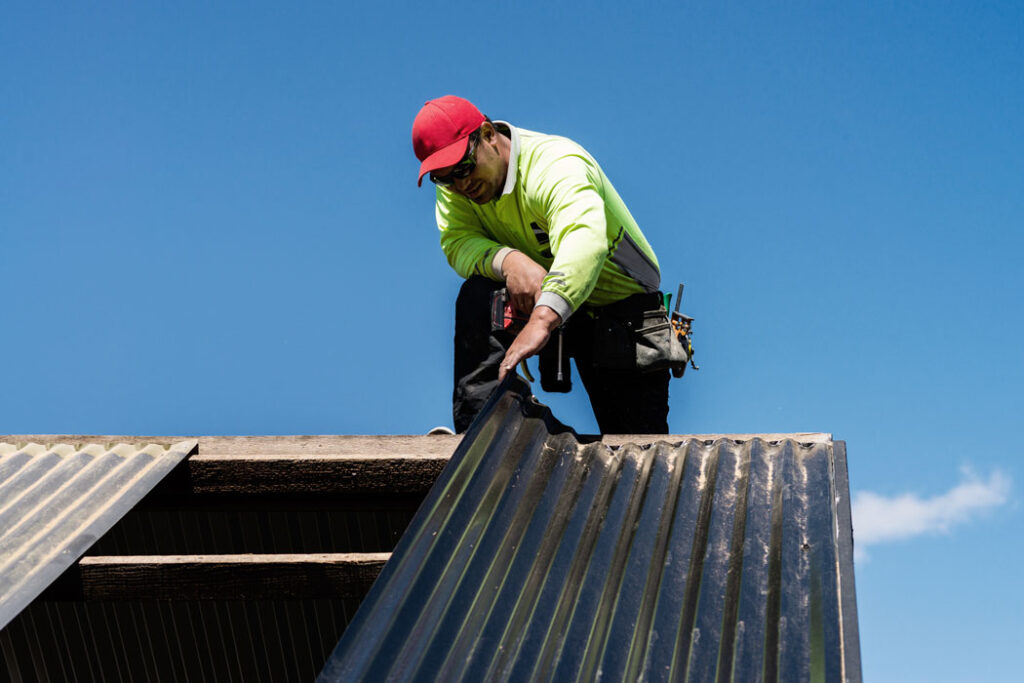
Is there a cure for HIV?
Me he whakaora ai mo te HIV?
While there is no cure for HIV, there are very effective treatments. These work by stopping the virus from reproducing.
Treatment is recommended for everyone who has been diagnosed with HIV. It is best to start treatment as soon as possible to control the virus.
If you take HIV medication, you can expect to live a long and healthy live.
You can find out more about treatments for HIV here.

Getting the right support
Nga mahi pai māu
It is important to get the right support and to find out as much as you can about HIV so you can make good decisions about your life and treatment.
Being diagnosed with HIV can be very scary. But it is important to remember that if you take the available medicine, you are likely to live a long and healthy life.

It’s important to get tested
Me whai tikanga ki te whakamātautau HIV
The earlier you are diagnosed, the earlier you can start treatment.
Tests are available either at your local health clinic, your GP, your Māori health clinic, one of the HIV support centres, or you can order one online and have it delivered to you or your preferred address.
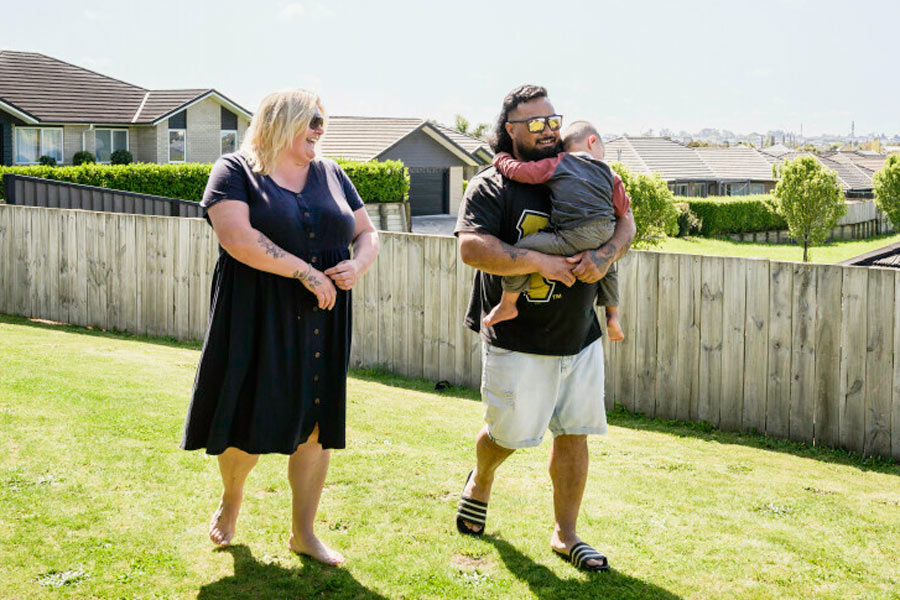
Protecting yourself from getting HIV
Me tiaki i a koe ano i te HIV
Using a condom during sex is the best way to protect yourself from getting or passing on HIV.
People who inject drugs can avoid HIV being passed on by not sharing drug injecting equipment.
To avoid getting HIV, talk to your health professional about PrEP (pre-exposure prophylaxis). This is medication you can take which reduces your chance of getting HIV when having sex or injecting drugs. When taken as prescribed, PrEP is highly effective at preventing HIV.
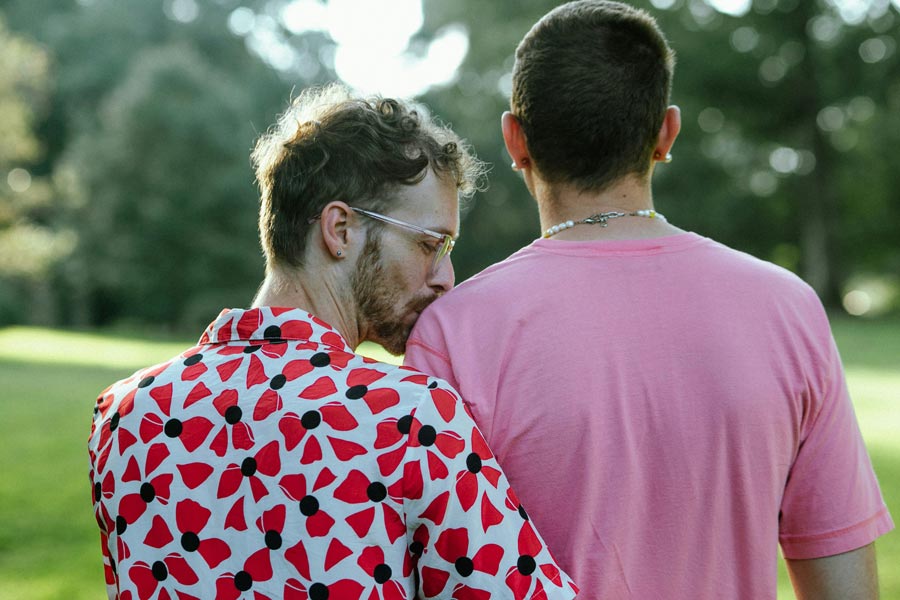
Anonymous contact tracing
Karekau i te muna o te tangata
If you have an HIV positive diagnosis, you will be asked about your recent sexual partners. This is so they can be contacted and encouraged to have an HIV test. This is done anonymously and called ‘Contact Tracing’.
Contact tracing is a process to find out whether anyone else may have been unknowingly exposed to HIV and to encourage them to get tested.
It is important to be honest. People will be contacted anonymously and your identity will not be made known.

Testing during pregnancy
Whakangungu i te wā o te hapūtanga o te wahine.
Pregnant people in Aotearoa New Zealand are offered HIV testing as part of their antenatal blood tests.
When you are pregnant it is important to know if you have HIV, so you can take medicines which stop HIV being passed on to your pēpi (baby).
More questions?
Get answers to some of the most common questions about HIV.